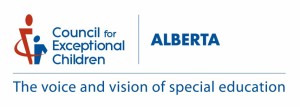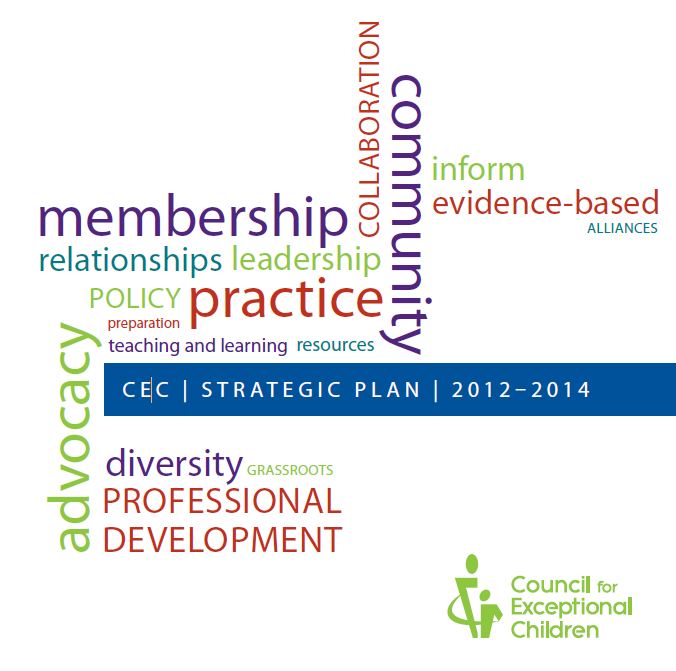What Does Inclusion and Differentiation Mean in a Classroom?
by Dr. Noella Piquette
By its very nature public school systems are inclusionary of diversity within academic, intellectual, social, behavioral and cultural domains. Yet, when inclusion as a practice is examined it is typically through a narrow lens – one focused on students with exceptional needs and how to differentiate instructional material in order to include these students with their same grade peers. The understanding of what it means to be involved as an educator on a pragmatic level is often overlooked. The term inclusion specifically refers to the process and practice educating “students identified as having exceptional needs” (SEN) in general classrooms in their neighborhood school. Inclusive education has developed from the belief that education is a basic human right and that it provides the foundation for a more just and accepting society.
In taking a human rights approach or human justice perspective, it is critical to foster equity for diverse learners. The United Nations created a universal framework to assist school divisions and educators to develop best practice for all learners, including all SEN (UNESCO, 1994; 2001; 2003). The foundational belief for differentiation is that all students learn in a variety of ways and have differing learning profiles. Central to the idea of differentiation are three of UNESCO’s (1994) statements: (1) developing a school ethos of trustworthiness and human reciprocity, based on the human rights of all, teachers and learners; (2) setting high expectations for the behavior and work of all members of the school community; and (3) accepting the goal of the development of the full intellectual, emotional, physical, spiritual and moral potential of all learners. Hence, to embrace the idea of inclusion and diversity is to understand that all students are different and all must be supported.
Differentiation: Planning For All Students
Inclusion in the classroom requires an educator to consider the entire student body and individual students simultaneously to plan for their learning needs and to address the curriculum (Hutchinson, 2007; Mitchell, 2005). An educator’s first priority is to ensure a coherent and thoughtful curriculum that incorporates the developmental and cognitive level of the student body. The long-term planning and unit development must be based on the curriculum standards set out by the educational ministry, incorporating what important elements are necessary for the students. Thus, an educator plans “for all” as the foundation. The planning “for some” or “for one”, which is a critical component of inclusion or a supportive educational environment, occurs when breaking down the “for all” long-term planning information. This second phase of curriculum planning is guided by the considerations for increasing the learning opportunities for the diverse learners. For example, an educator may take into consideration: For (student’s name) to learn, practice or demonstrate knowledge—what must be added, enhanced, scaffolded, or altered? It should be appreciated that every student ought to have academic instruction that is focused on the knowledge, understanding, and skill development targeted for the long term curricular, unit or individual lesson. The adaptations and accommodations put into place for some students is intended to support their instruction in a general class, not to create a separate instructional goal (see Figure 1).
Accommodation: Specialized support and services that are provided to enable students with diverse needs to achieve learning expectations. This may include technological equipment, support staff, and informal supports.
Adaptation: Adjustments to curriculum content, instructional practices, materials or technology, assessment strategies, and the learning environment made in accordance to the strengths, needs and interests of the learner.
Modification: Changes in policy that will support students with exceptionalities in their learning (e.g., altering school attendance policy or curriculum).
Figure 1. Terminology for differentiated education.
There are three overarching philosophical component necessary for all students in a classroom, but in particular for those who are the most vulnerable, namely the SEN population. First, students who require curricular, content, or instructional, or resource adaptations should be considered in the planning stages rather than reacting to their differences once they have demonstrated that they are not able to learn with their peers. From a human rights perspective, this is a means in which the student can retain one’s dignity while engaging. From a teaching perspective, including this differentiation will benefit all students. Second, learning about the individual’s special needs etiology will benefit in the planning of the instruction, goals, and materials to be selected. This background information includes the unique learning profile consisting of developmental, intellectual, and socio/emotional data relevant to supporting their learning needs. From a human rights perspective this means that each student’s unique experiences will be taken into account and appreciated. Third, ensuring that all students feel welcomed in the classroom and that any type of negative interactions, or willful absence of interactions between peers are not tolerated. For educators this translates to teaching all students to treat each other with respect and dignity. This also requires action plans to be put into place to ensure that all students understand that teasing and insulting behavior will not be tolerated. In sum, these three philosophical positions simply denote that educators should plan for each student, know each student, and protect each student.
Planning Through a Differentiation Approach
Addressing the needs of all students through a differentiation approach consists of multiple pathways to teach, use materials or resources, and provision of alternate evaluation methods. Identifying and building upon all students’ individual strengths, talents, skills, and prior knowledge allows teachers to engage students in appropriately challenging classroom activities. The goal of differentiation is to create learning environments, content, process, and products that enable all students to succeed with meaningful curriculum. Differentiating incorporates implementing many instructional routines and strategies that are not only beneficial to most students but also enables successful inclusion of all students, including SEN (refer to Figure 2). Inclusion is differentiation; requiring teachers, parents, administrators and support personnel to develop creative, effective programming for all students. The long-term effect of this enabling environment will allow the school and larger community to embrace every student as having unique strengths and needs; exemplifying that diversity is valued.
(Figure 2: Planning for Differentiation)
Plan long-term units/concepts for each subject: Consider the learning environment, content, process and knowledge products in planning.
Plan “for all”
Plan “for some”
Plan for learning opportunities for learners
For all: What is the learning goal? How will this learning be accomplished (instructional strategies, materials, resources)? How will this learning be demonstrated?
For some: What adaptations and accommodations can be put in place to support learning? What must be added, enhanced, scaffolded or altered to support students in their learning progress?
Plan for students with exceptionalities (SEN)
Learn about the student – learning profile and interests
Involve the student in planning and decision-making
Collaborate and plan with learning team members
Identify and teach pre-requisite skills
References:
Hutchinson, N. (2007). Inclusion of exceptional learners in Canadian schools. Toronto, Ontario, Canada: Pearson.
Mitchell , J. (2005). Contextualizing inclusive education: Evaluating old and new international paradigms. London, UK: Routledge Farmer.
Mittler, P. (2005). Building bridges between special and mainstream services. Asian Pacific Disability Rehabilitation Journal, 16(1), 3-15.
Tomlinson, C. A. (2001). How to differentiate instruction in mixed-ability classrooms (2nd ed.). Alexandria, VA: Association for Supervision and Curriculum Development.
Tomlinson, C. A. (2004). The mobius effect: Addressing learner variance in schools. Journal of Learning Disabilities. 37(6), 516-524.
United Nations Educational, Scientific and Cultural Organization: UNESCO. (1994). Special needs education and community-based programmes. Paris: UNESCO.
United Nations Educational, Scientific and Cultural Organization: UNESCO. (2001). World education forum: Education for all. Inclusion in education: The Participation of disabled learners. Paris, France: UNESCO.
United Nations Educational, Scientific and Cultural Organization: UNESCO. (2003). Open file on inclusive education. Paris, France: UNESCO.
Author Bio:
Dr. Noella Piquette is an Associate Professor and Registered Psychologist at the University of Lethbridge. The focus of her work within the Faculty of Education focuses on the knowledge, skills and behaviors that are required of teachers in order to effectively respond to students with diverse and exceptional needs. Differentiated instruction, development of professional learning communities, student assessment and individual program planning (IPP) are some of applied research interests.
Her previous background as an educator included the roles of guidance counselling, special education, and adapting instruction to meet the needs of diverse learners in inclusive classrooms.




